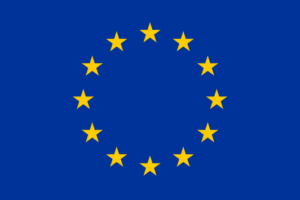Novel biomaterials to prevent dental peri-implant infections
NOMAD is a EU-funded research and innovation collaborative project aimed at developing the next generation of dental implants that can prevent peri-implant diseases. Scientists and dental specialists from 10 organizations in 7 European countries have joined forces to tackle the increasing socio-economic burden associated with these diseases.
43%
of dental implant patients develop peri-implant mucositis
22%
of dental implant patients develop peri-implantitis
Peri-implant infections, a devastating complication of dental implants
Despite the high success rate for dental implant procedures, a high number of patients develop peri-implant infections, which can ultimately lead to implant instability and bone loss. Microorganisms sticking to implant surface and forming recalcitrant biofilms are a particular point of concern.
To address these unmet clinical needs and contribute to overall patient wellbeing, NOMAD will apply multiple biomaterial innovations that promote tissue integration and prevent or control biofilm formation to various implant components, thereby avoiding peri-implant diseases and increasing implant longevity.
Meet the team
NOMAD brings together 10 partner organizations from 7 European countries, gathering academic, clinical, SME and industry experts in:
- (bio)material innovations
- additive manufacturing
- nanotechnology
- cell therapy
- microbiology
- clinical periodontology
- dental implant manufacturing
- technology transfer
- science communication
NOMAD in numbers
The NOMAD project has received funding from the European Union’s Horizon Europe programme under grant agreement no. 101091669.
as team leaders
EU countries
academics
partners
duration
EU contribution


